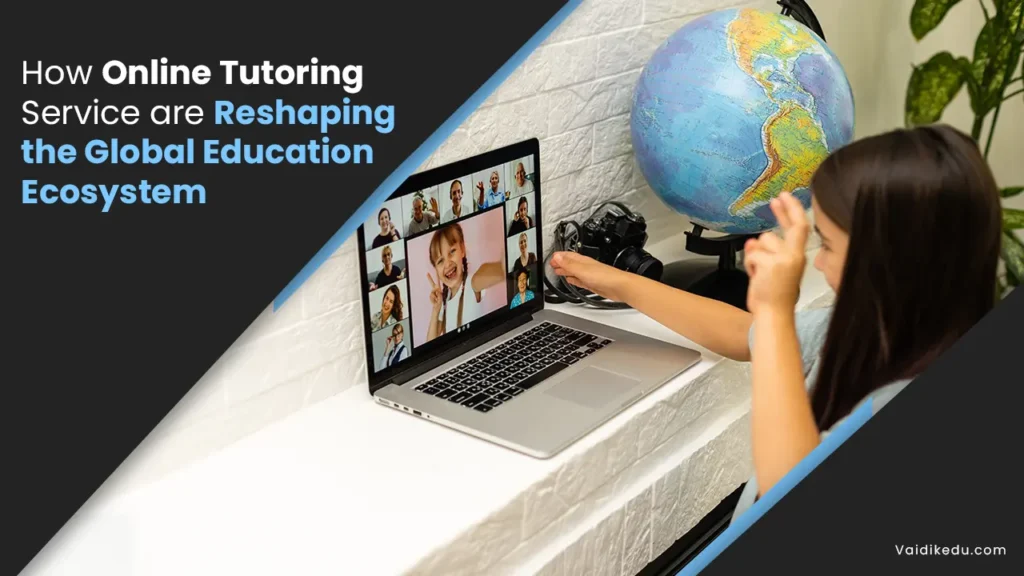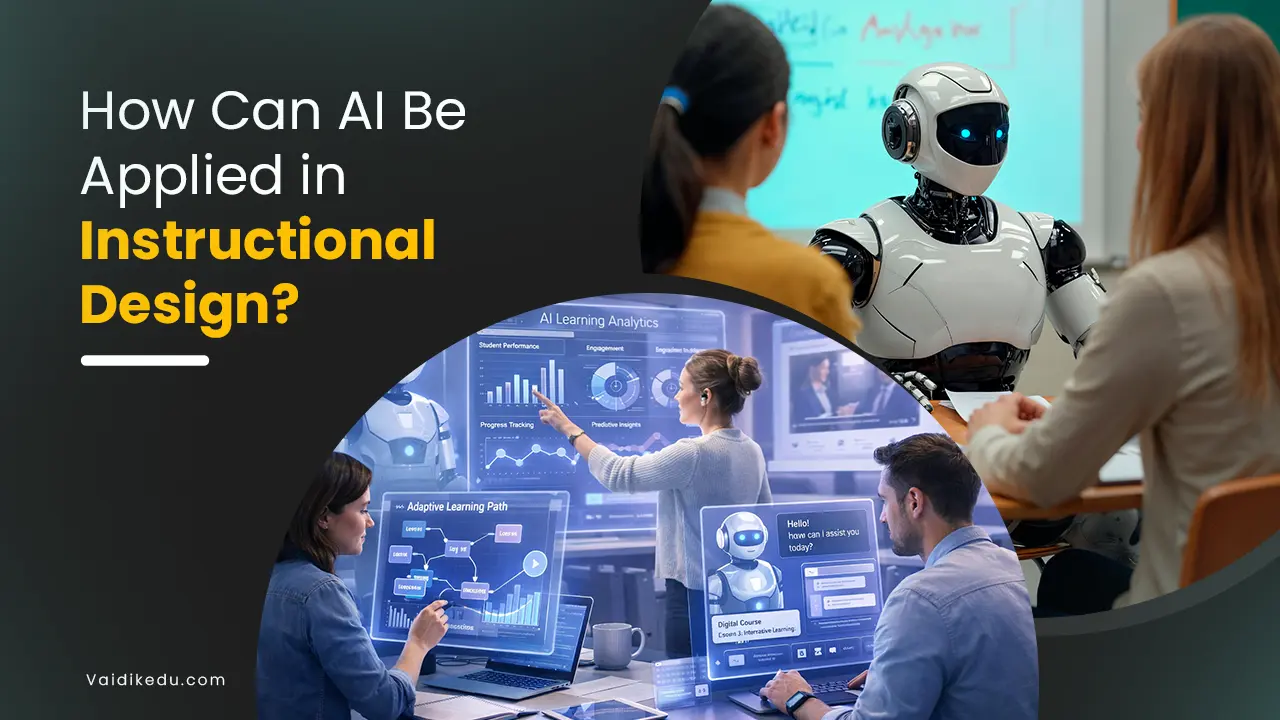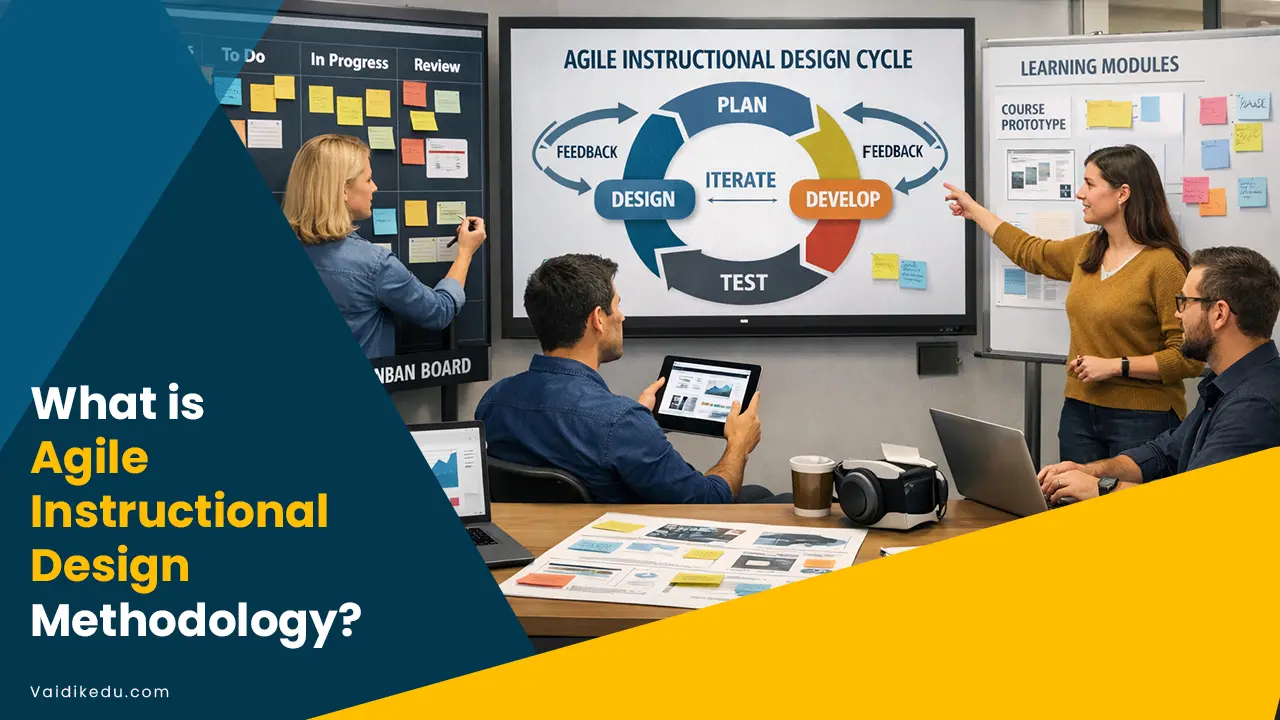The world’s education system has changed in the last couple of years. Much momentum behind this change was provided by technology and an ever-increasing number of online tutoring services. This mode of education has evolved to be a very viable alternative to conventional learning, thereby offering learning opportunities that are flexible, accessible, and learner-specific to students worldwide.
Online tutoring services are no longer merely supplementary to traditional education. This has caused a paradigm shift around the knowledge received, interpreted, and used as a result of advancement in the digital revolution by these services.
This blog deals with the multiple effects that online tutoring services have on the international education system, which reveals exactly how such mediums are acting as a bridging societal gap, fostering inclusivity, and eventually leading to improved learning outcomes.
Online Tutoring: A New Paradigm in Education
1. Accessible Yet Flexible:
The most significant contribution of online tutoring services is the accessibility they provide. Students no longer have to follow strict schedules or travel to physical locations for additional learning. Platforms such as Khan Academy, Chegg, and NetTutor allow students to learn at their own pace and convenience, ensuring that education reaches even the most remote corners of the world.
- Global Access: A student in a small Indian village can be provided with the same quality of education as a student in New York.
- Flexible Schedule: Lessons can be designed according to individual timetables. This can help accommodate diverse needs, such as part-time jobs or extracurricular activities.
2. Personalized Learning
Such classroom settings of today cannot understand or work out according to the students since traditional classrooms adapt one size. However online tutors offer customized lessons due to better algorithms and analytical methods.
- Adaptive Learning: AI-based learning platform that monitors student performance and accordingly modifies the curriculum.
- One-on-One Interaction: Tutors can focus entirely on one student, addressing their specific challenges and strengths.
3. Cost-Effectiveness
Online tutoring services are relatively cheaper than private, face-to-face tutoring. It saves on the overheads that include travel, physical infrastructure, and study materials and brings quality education to a wider number of people.
- Subscription Models: Most online services offer monthly or yearly subscriptions that are within a budget.
- Free Resources: Some services give free content in the form of YouTube tutorials or open educational resources (OERs).
4. Diverse Learning Resources
Online tutoring services provide access to many resources including video lectures, interactive quizzes, e-books, and simulations. That caters to most types of learners as they can be visual, auditory, or kinesthetic.
- Gamification: Using game-like elements to make learning more fun.
- Real-Time Feedback: Automatic grading and giving feedback help a student discover their weak points quicker.
Effect on Teachers And Traditional Education
Empowering Educators
Online tutoring also supports teachers by enabling them to utilize novel tools in upgrading their teaching methodologies. They can have digital material, including tracking the student’s progress and offering more focused support.
- More Global Access: The teachers can now reach students around the globe and increase their sphere of influence.
- Supplemental Income: Hundreds of teachers employ online tutoring as supplemental income.
Challenges To Traditional Learning Institutions
While online tutoring supplements traditional education, there are still challenges. Schools and universities must evolve to stay relevant.
- Competition: Online tutoring presents a flexible alternative and is often a more desirable option compared to institutional alternatives.
- Integration Challenges: Integration with current curricula is a difficult process that demands and consumes much investment.
Innovation in Diversity Education
1. Overcoming The Digital Divide
Although online tutoring has made education more accessible, it also points to the digital divide. Measures are being taken to ensure that students in less privileged areas are given the tools and internet connectivity.
- Government Initiatives: Initiatives such as Digital India strive to arm the students with digital resources.
- Corporate Social Responsibility: Companies are investing in projects that provide free or subsidized internet and devices.
2. Inclusive Special Needs Students
The one-on-one experience offered to these students, which a traditional setup is incapable of replicating, has particularly been a boon for students with special needs.
- Assistive Technologies: Increased accessibility through screen readers, speech-to-text applications, and any other assistive technology.
- Paced Learning: a learning process, according to the needs of the students with the least pressure from the teacher and instructors.
Technologies That Are Driving Online Tutoring
1. AI And Machine Learning
AI-enabled tools are changing the face of tutoring. From query-answering chatbots to predictive analytics which could even identify gaps in learning, AI is a game-changer.
2. Virtual Reality (VR) And Augmented Reality (AR)
The complexity of the concepts becomes easy with the help of VR and AR immersion. Students can view the model of the solar system or dissect a virtual frog for dissection purposes.
3. Blockchain For Credentialing
Blockchain technology will ensure that the certification is safe and verifiable. This means online qualifications will gain more credibility.
Future
Online tutoring is expected to grow even further, with innovations in gamification, AI tutors, and global collaboration platforms. There is likely a shift toward hybrid learning models where the best from both worlds can be seen- traditional and online education.
Technologically, it keeps improving rapidly with the current developments and changes in educational needs. The more one advances with age, the more his/her learning needs diversify into customized learning experiences. Online tutoring will always evolve in more ways to provide a high-quality experience to students of all walks of life in unprecedented ways. It’s not just convenient; there is the aspect of making learning more enjoyable, accessible, adaptive, and engaging.
Here Are Some More Looks At The Future of Online Tutoring Services
1. Integration of Artificial Intelligence (AI) And Machine Learning
AI and machine learning technologies are going to be leading this online tutoring service revolution. They would embed personalization of the learning experience: the analysis of information about a student’s data and identification of learning gaps in real-time adaptation to the curriculum.
So, tutoring applications developed on AI-based systems can adapt to a student’s pace with exercises that can be specific to their learning and style, while also providing interactive content and appropriate feedback.
For example, AI would deliver alternative explanations of the math concept based on a student’s need, practice problems, and visual aids. With AI, there would be tracking of progress, adjusting content delivery, and consistent prompt suggestions for improvement. Students would thus always be challenged at the appropriate level.
Besides, AI-driven chatbots and virtual assistants can answer the questions of students in real-time, therefore offering a smooth learning experience without necessarily having to have a tutor all the time.
2. Virtual Reality (VR) And Augmented Reality (AR) in Online Tutoring
Integration of Virtual Reality (VR) and Augmented Reality (AR) will be the game-changer for online tutoring services. Such immersive technologies will alter the way traditional learning takes place, making it interactive, engaging, and hands-on.
Imagine a biology student walking through the human body virtually and exploring different systems in 3D, or a history student experiencing a historical event firsthand in a virtual environment. The concepts can be made more tangible with VR and AR, and the students will “experience” their subjects rather than just reading or watching about them. This is very helpful for subjects that require spatial understanding, such as geometry, anatomy, and architecture, as well as practical skills like medical training or engineering.
Hopefully, soon, online tutoring will make available to the same students a wonderful mix of live lessons and immersive learning that will give the feeling of interacting with material unthought of until now.
3. Much More Focus on Lifelong Learning and Upskilling
As the job market keeps changing and industries become more specialized, the future of online tutoring services also goes far beyond K-12 education, targeting lifelong learners and professional individuals seeking to upgrade their skills. Online platforms will offer customized courses for adults seeking to enhance their skills, transition into new careers, or pursue personal development.
More flexible and self-paced learning options will unlock within busy work schedules as the following will come closer to reality: Learning new languages, mastering coding skills, or preparing for professional certification exams are just several examples of online tutoring that may evolve in response to adult learners’ and professionals’ demands.
4. Gamification And Interactive Learning
Gamification is becoming a new cornerstone of modern education and will play an even greater role in the future services of online tutors. Adding game-like elements, including points, leaderboards, and rewards, can enhance tutors’ ability to motivate their students, boost engagement, and retain them better.
This would make the learning process interesting and interactive for the students, especially at a younger age. Educational games and simulations provide instant feedback that enables students to learn through active participation and apply their theoretical knowledge in practical situations.
With advancements in gamification methodologies, the student will, therefore, easily be able to monitor their achievement using interactive dashboards. Achievements will be demonstrated in a meaningful visual format thus providing a boost of accomplishment when the student carries on with learning.
Conclusion
The services provided through online tutoring undoubtedly are changing the face of education across the world. Learning becomes accessible, more personalized, and inclusive with them. It empowers both the students and educators with ample resources to address varied needs and preferences. Digital divide and integration issues continue to persist, but there is still a promising future ahead for online tutoring.
As technology advances, the scope of online tutoring will continue to expand, changing education into a much more dynamic and equitable domain. The global, interconnected learning ecosystem is the new frontier in education-a place where knowledge has no boundaries.
Frequently Asked Questions
Online tutoring is the process of teaching and learning done over the internet, using such platforms as Zoom, Skype, or dedicated educational websites.
Online tutoring, in contrast to face-to-face tutoring, is more flexible and accessible and thus provides personal learning.
The key benefits will be flexible time, personal learning, economy, and rich resources









